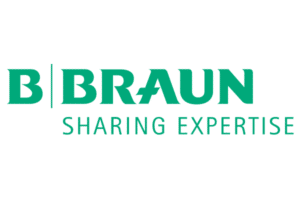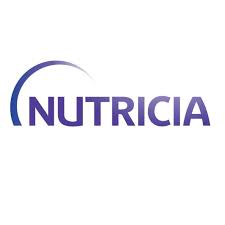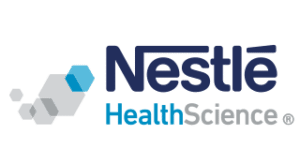The Medical Nutrition International Industry is pleased to announce the publication of its Medical Nutrition Dossier entitled “Better care through better nutrition: Value and effects of Medical Nutrition”.
With forewords from ESPEN, EUGMS, ESPGHAN, EFAD and the ENHA, this publication is a unique and up-to-date report that addresses prevalence, causes and consequences of disease-related malnutrition, as well as the health and economic benefits of good nutritional care.
The Medical Nutrition Dossier “Better care through better nutrition: value and effects of medical nutrition” is a valuable evidence-base resource underlining the value and positive effects of medical nutrition for patients and healthcare systems at large. The Medical Nutrition Dossier covers the full spectrum of medical nutrition, from oral nutrition supplements (ONS) to enteral tube feeding (ETF) and parenteral nutrition (PN).
Data are provided, where possible, by healthcare setting (hospital, community), by age group (children, adult, elderly) and by patient group. The document includes a solid collation of guidelines and good practices related to the use of medical nutrition in the management of disease-related malnutrition.
Léa Coulet – MNI Executive Director – states: “Malnutrition continues to go undetected and untreated. This affects people’s lives and poses a significant burden on the healthcare economy. However malnutrition is treatable! A growing body of evidence demonstrates the benefits of medical nutrition in addressing malnutrition. These are summarised in the Dossier. We hope it will help to better integrate nutritional care in disease management for the benefit of patients and healthcare systems.”
Read more below, including Questions & Answers and MNI Recommendations:
Ensuring the right nutritional care in a timely manner can help reduce medical complications, support recovery and independence, and lower healthcare resource use.
Download the Press Release
—————————————————————————————————————–
QUESTIONS & ANSWERS
What is the prevalence of malnutrition?
- 33 million adults across Europe are malnourished or at risk of developing malnutrition
- Malnutrition is widespread in all healthcare settings:
- About 1 in 4 adult patients in hospital
- More than 1 in 3 patients in care homes
- 1 in 3 older people living independently are malnourished or at risk of developing malnutrition
- More than 50% of patients in hospital do not eat the full meal they are given
- 30% of nursing home residents eat less than half their lunch
What is the cost of malnutrition?
- The estimated cost of managing malnourished patients or at risk of malnutrition is €170 billion across Europe
- The extra cost of treating a patient with malnutrition is 2-3 times greater than for a non-malnourished patient
What are the consequences of malnutrition?
- Malnutrition leads to impaired immune response, impaired wound healing, reduced muscle strength and fatigue, inactivity, apathy, depression and self-neglect
- In children, malnutrition adversely impacts growth and development
- In the elderly, malnutrition leads to impaired function, mobility and independence
- On average, malnutrition increases length of hospital stay by 30%
What are the benefits of medical nutrition?
- Appropriate use of medical nutrition can:
- Improve health outcomes and decrease complications
- Reduce recovery time and length of hospital stay
- Improve quality of life and independence
- Reduce overall healthcare costs
MNI Recommendations
Based on the belief that delivering good nutritional care is everyone’s responsibility, MNI engages with relevant stakeholders in order to achieve better care through better nutrition, across all ages and healthcare settings.
Multi-stakeholder involvement is central to tackle malnutrition – from policy-makers, healthcare professionals, carers and patients’ groups.
MNI recommends:
- Adopting national nutritional policies to address malnutrition
- Establishing evidence based screening programmes using validated tools to ensure that malnutrition and risk of malnutrition is identified early and appropriate action is taken to minimise its consequences.
- Systematically measuring the prevalence of malnutrition and risk of malnutrition and disseminate the results.
- Promoting cross-sector partnerships and opportunities to drive innovation in medical nutrition to meet the needs of patients and healthcare providers.
- Facilitating the implementation of guidelines and ensure best use of resources.
More detailed recommendations are available in the Dossier.







